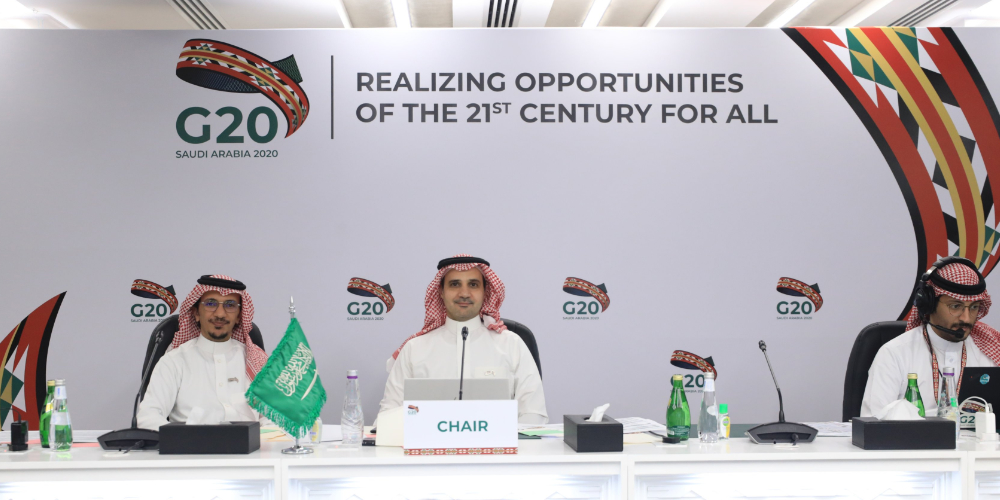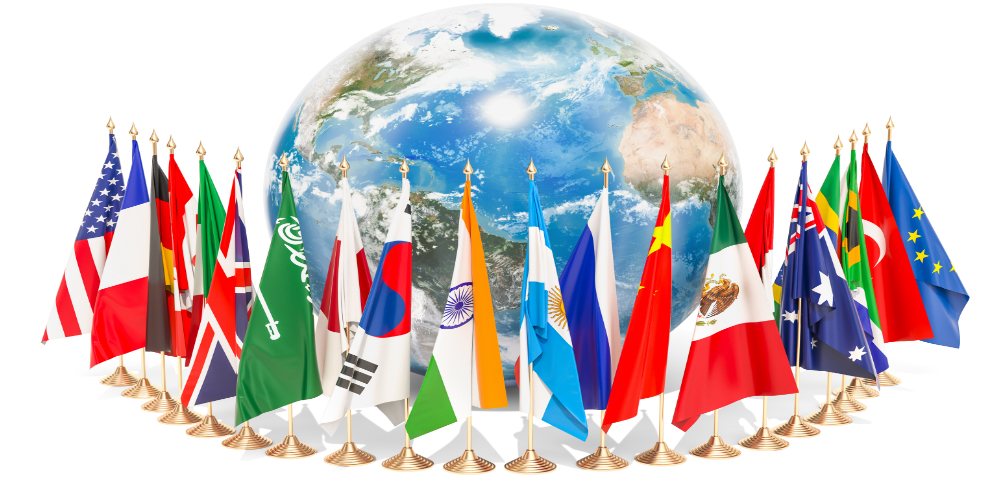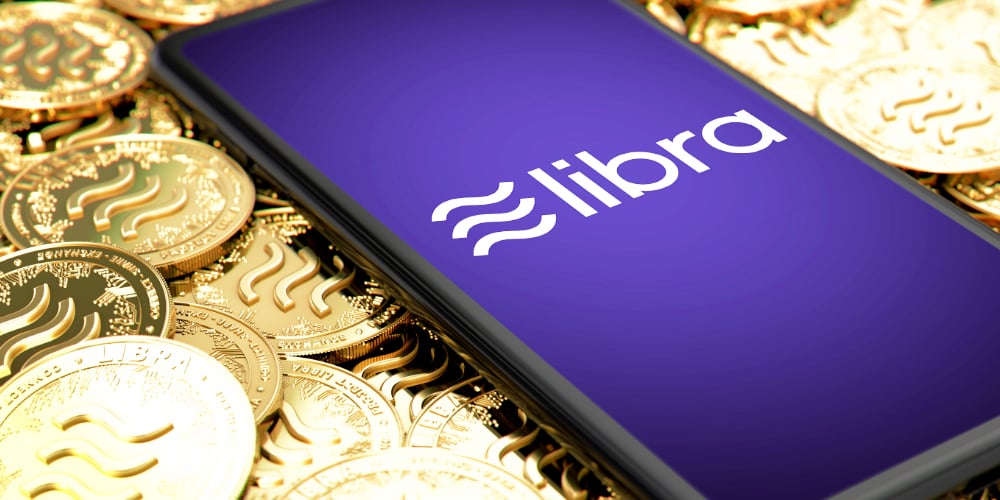[ad_1]

The G20 is setting rules to regulate stablecoins such as Facebook’s Libra cryptocurrency. Responding to a call by the G20, the Financial Stability Board (FSB) has provided 10 “high-level” recommendations that establish a regulatory framework for stablecoins.
Also read: IMF Declares Global Recession, 80 Countries Request Help, Trillions of Dollars Needed
G20 Sets International Rules for Stablecoins
The G20 finance ministers and central bank governors will meet under Saudi Arabia’s G20 presidency on Wednesday to “discuss and take urgent actions needed to address the global challenge presented by the covid-19 pandemic,” host country Saudi Arabia announced. The April G20 finance chiefs’ meeting is traditionally held in Washington, D.C., but due to the coronavirus outbreak worldwide, G20 meetings are currently held virtually, and more frequently.
Ahead of the meeting, the Financial Stability Board (FSB) published 10 “high-level” recommendations on Tuesday that “addressed to authorities at jurisdictional level to advance consistent and effective regulation and supervision” of global stablecoins. The G20 regulatory watchdog explained:
The recommendations respond to a call by the G20 to examine regulatory issues raised by ‘global stablecoin’ arrangements and to advise on multilateral responses as appropriate, taking into account the perspective of emerging market and developing economies.

The FSB is an international body that monitors and makes recommendations about the global financial system; all G20 countries have members on the Board. Regulators worldwide refer to stablecoins that can quickly achieve scale as global stablecoins; an example is Facebook’s proposed cryptocurrency, Libra. The recommendations will be delivered to the G20 finance ministers and central bank governors for their virtual meeting on Wednesday. The FSB is inviting comments on its recommendations to be submitted by July 15.
10 ‘High-Level’ Recommendations
In a consultative document published on Tuesday entitled “Addressing the regulatory, supervisory and oversight challenges raised by ‘global stablecoin’ arrangements,” the FSB provided the G20 with its 10 high-level recommendations.
The first is to ensure that relevant authorities have the necessary powers, tools, and resources to regulate and supervise global stablecoins, including their multi-functional activities, in order to “enforce relevant laws and regulations effectively.” Secondly, the FSB recommends:
Authorities should apply regulatory requirements to GSC [global stablecoin] arrangements on a functional basis and proportionate to their risks.

Next, the FSB suggests for the authorities to “ensure that there is comprehensive regulation, supervision and oversight of the GSC arrangement across borders and sectors.” They should “cooperate and coordinate with each other, both domestically and internationally,” to regulate stablecoins across borders and sectors.
The fourth recommendation is for the authorities to have in place a comprehensive governance framework, with a clear allocation of accountability, for global stablecoins. The regulatory watchdog also recommends ensuring effective risk management frameworks for these coins, particularly with regard to “reserve management, operational resiliency, cyber security safeguards and AML/CFT measures, as well as ‘fit and proper’ requirements.”

The authorities should additionally ensure that global stablecoins have “robust systems for safeguarding, collecting, storing and managing data,” the FSB outlined in its sixth recommendation. They should further have “appropriate recovery and resolution plans,” the Board’s seventh suggestion describes.
Ensuring that global stablecoins provide users and stakeholders with comprehensive and transparent information is the next recommendation. Moreover, the Board proposes that the authorities make certain stablecoins “provide legal clarity to users on the nature and enforceability of any redemption rights and the process for redemption, where applicable.”
Lastly, the authorities should ensure that stablecoins “meet all applicable regulatory, supervisory and oversight requirements of a particular jurisdiction before commencing any operations in that jurisdiction, and construct systems and products that can adapt to new regulatory requirements as necessary.”
What do you think about the G20’s efforts to regulating stablecoins? Let us know in the comments section below.
Image Credits: Shutterstock, Pixabay, Wiki Commons
Disclaimer: This article is for informational purposes only. It is not an offer or solicitation of an offer to buy or sell, or a recommendation, endorsement, or sponsorship of any products, services, or companies. Bitcoin.com does not provide investment, tax, legal, or accounting advice. Neither the company nor the author is responsible, directly or indirectly, for any damage or loss caused or alleged to be caused by or in connection with the use of or reliance on any content, goods or services mentioned in this article.
Read disclaimer
[ad_2]
Source link



